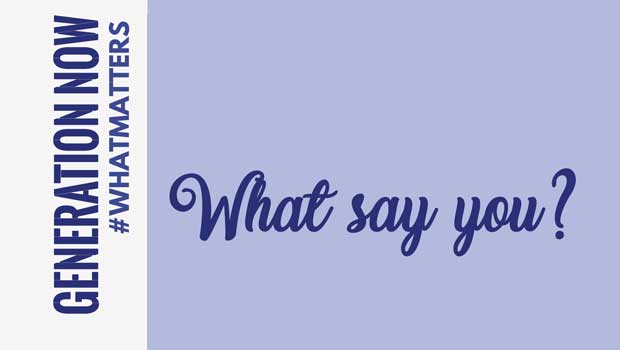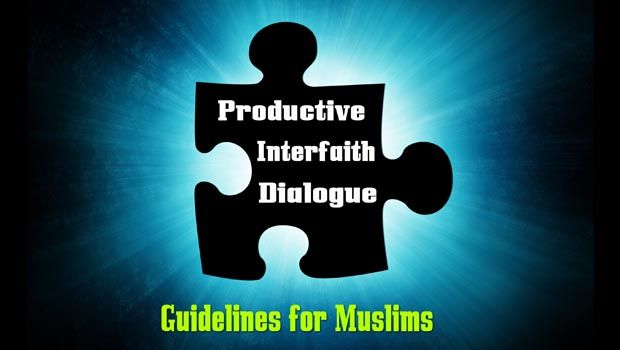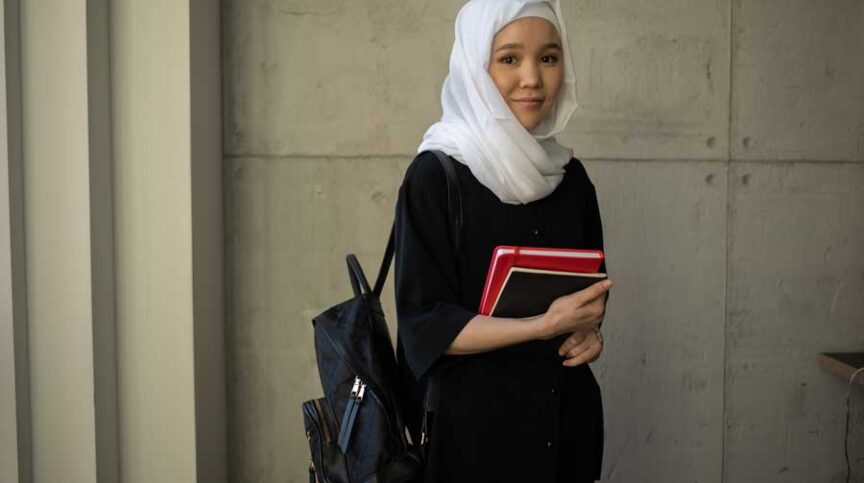If you are a Muslim youth in America, it’s critical that you not only understand the fundamentals of Islam and its history, but also the history of minority communities in America. We must educate ourselves about the extermination of Native Americans, the chattel slavery and ongoing structural racism against African Americans, the exploitation of Chinese laborers, and the animosity toward Japanese immigrants, Jews, Irish Catholic refugees, and Latinos. We should also study the Red Scare and the McCarthyite persecution of Communists and those accused of being Communists, the Women’s Suffrage Movement and those who tried to impede it, and the contemporary issue, often a controversial topic in our communities, concerning the discrimination against members of the LGBTQ community. Even when we have differences with the beliefs or values of any particular oppressed minority, it is critical that we familiarize ourselves with how the dominant culture has repeatedly and systematically exploited, disenfranchised, and/or sought to decimate the social infrastructure and culture of minority communities. One infamous example is the CIA’s involvement in transporting and distributing crack cocaine in the African American community during the Reagan administration.Once dismissed as conspiracy theory,this chapter in CIA history has been researched and well- documented by various investigative journalists including Gary Webb, author of “Dark Alliances.” We must recognize the vital and unyielding commitment of Islam to justice, and to the rights and well-being of all people. This is one of the primary ways we will be able to recognize and withstand attacks against our own community, secure our future in this nation, and hold on to our values and beliefs.
There are existing Islamic institutions in the United States that fail to differentiate between Islamic culture and the various traditions of Muslim-majority nations. Consequently, Muslim Americans, particularly Muslim youth, are often confused by teachings that unnecessarily disenfranchise and alienate them from aspects of American society that are not contradictory with Islamic beliefs. Rather than insisting that the Islamic worldview as delineated and taught in our traditional centers of learning is irreproachable and infallible, we must contribute to an environment that encourages critical thinking and a willingness to learn about the history and social nuances of the society in which we live. Young adult Muslim Americans should initiate an intensive study of American history, beyond that which is taught in our public schools. Our leaders and teachers must be individuals who are knowledgeable about the history of the 241-year-oldsocial, political, and economicexperiment known as the United States of America, with all its good points and its weaknesses, and its too frequent ignoble conduct toward many, both citizens and immigrants. Additionally, young Muslim Americans need to study classical Islamic works, as well as the literature of the revivalist theorists and movements of the last 150 years, from around the time of the decline and fall of the Ottoman Empire up to the present era. There was a time in our history when great Muslim scholars, thinkers, and visionaries guided the Ummah, even though the Muslim nations were physically and mentally colonized and in disarray. These leaders had firm understanding of Quran and sunnah as well as deep grasp of, and insight into, the social and geo-political conditions that prevailed.
Let’s try stepping away for a moment from our non-productive social media “Statuses,” “Likes,” and the “clicktivism” that we are so passionately immersed in. Much of it is petty, distracting, or divisive. Muslim youth — let’s spend more time learning, thinking, and developing our character. That is a much more productive outlet for our youthful passion and energy.Acquiring sound knowledge and the purifying of our souls can unite us, giving us a common ground for speaking truth and taking action. What Say You?
Community
OPINION – WHAT SAY YOU?






